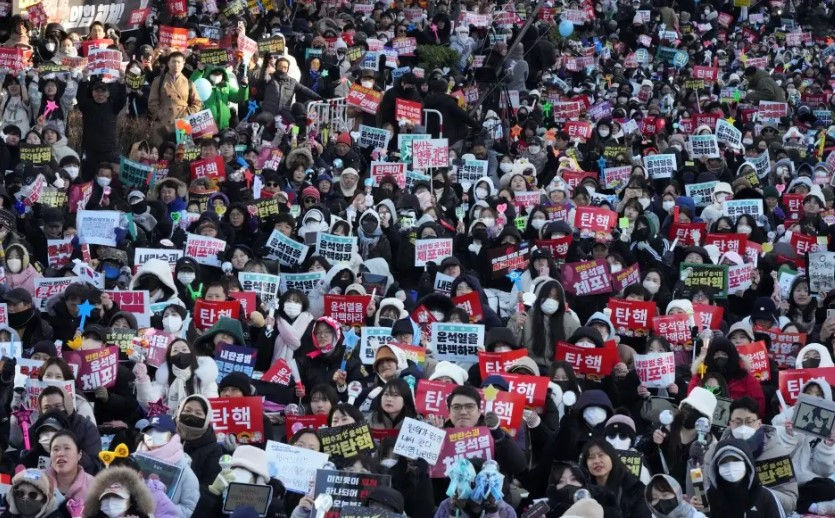New research reveals the extent of gender inequity faced by women in the music industry
- Wonjeong Hong
- Jan 15
- 3 min read
Updated: Feb 5

Article Summary
The article highlights the gender discrimination that women are facing in the music industry. The recent UK Musicians’ Census revealed that gender issues are still a critical issue in the music industry. The Musicians’ Census is the largest Musicians survey conducted by Help Musicians and the Musicians’ Union. It is also supported by Women in CTRL, which is a movement aiming to create a more gender inclusive industry, founded by a senior music executive, Nadia Khan.
Among nearly 6000 UK musicians that participated in the survey, 2,526 who identified themselves as women drew attention to the barrier, gender pay gap, and shorter career longevity that they have to undergo despite their high level training and education. 51% of the female musicians, which is over half, have experienced gender discrimination, which is eight times more than the percentage that men have faced(6%). Furthermore, it was reported that women were more likely to get or witness harassment and feel a barrier to their career progression.
The data also showed women's economic disadvantage in the music industry. The average annual income for women was £19,850, while it was £21,750 for men. This gap is odd, considering how women musicians are usually qualified higher than male musicians. The fact how women get paid less also affects women to experience more financial challenges and have shorter career longevity.
Moreover, the survey pointed out the structural barriers that women undergo. The gender roles, primary caring responsibilities, lack of representation of women in specific areas of music that women cannot avoid confront, hinder and interrupt the career progression of women.
The various organizations and representatives, including Nadia Khan of Women in CTRL voiced how gender discrimination in the music industry is still prominent and how we should take actions and make changes about these systemic issues.
Reflection
This article reminded me of how gender discrimination toward women is deeply rooted and prevalent in our society. Although the female labor force has expanded and women's education has improved, structural inequality and bias will stay on people's minds for a long time. This applies to every industry, no matter what type it is, from fashion or music to science or economics. As the article shows, women are generally paid less than men in the industry, leading to challenges and problems for women in gaining financial independence and having extended career longevity.
However, many people do not recognize the fact that gender inequality is still prominent in the modern day. Maybe they already know it but pretend not to have seen it. I used to be that kind of person before I got a proper education about gender, back in elementary school. Back in the day, I was not taught very well or understood several details of gender discrimination. I understood how the concept of "sexism" definitely exists in the world, but I personally thought it was a long time ago or the story of my grandmother's era. Even though it still exists in the current world, I felt there would have only been superficial or shallow gender discrimination left, such as that "Pink is a girl's color".
But watching the contents from social media, where people with radical opinions suggest how gender discrimination practically does not exist in the modern world and make blatantly sexist remarks and actions, I started to be more interested in the gender issue and change the thought I originally had. After researching more deeply about sexism, I began to recognize how gender inequality is a type of social injustice that is so highly complicated and profound that it is almost impossible to disappear from the world entirely. Additionally, I also intuitively understood that gender discrimination is a serious issue that is currently happening in the world, not the story of the past.
Thinking back, the mindset and the thoughts regarding the gender inequality that I used to have in the past feel ignorant and naive. At the same time, I can also relate to and understand why the younger me would have thought that way, although I do not support it. My opinions might have been derived from my subconscious instinct to avoid directly facing the dark and painful reality that I cannot avoid. Now, I just decided to face that fact because the first and one of the most challenging steps to make a real change and impact on society is getting out of the safe zone and directly acknowledging the situation.



Comments